
9 Things You Should Do to Make Your Life More Organised
Life can feel overwhelming when everything is out of place, both physically and mentally. The purpose of this article is to guide you through practical steps to bring a sense of structure and calm into your daily life. By implementing these strategies, you’ll find yourself more productive, less stressed, and living with a clearer sense of purpose. Let’s dive into nine powerful ways to organise your life, helping you not only manage tasks but also cultivate a mindset that welcomes order and balance.
1. Craft a Purpose-Driven To-Do List
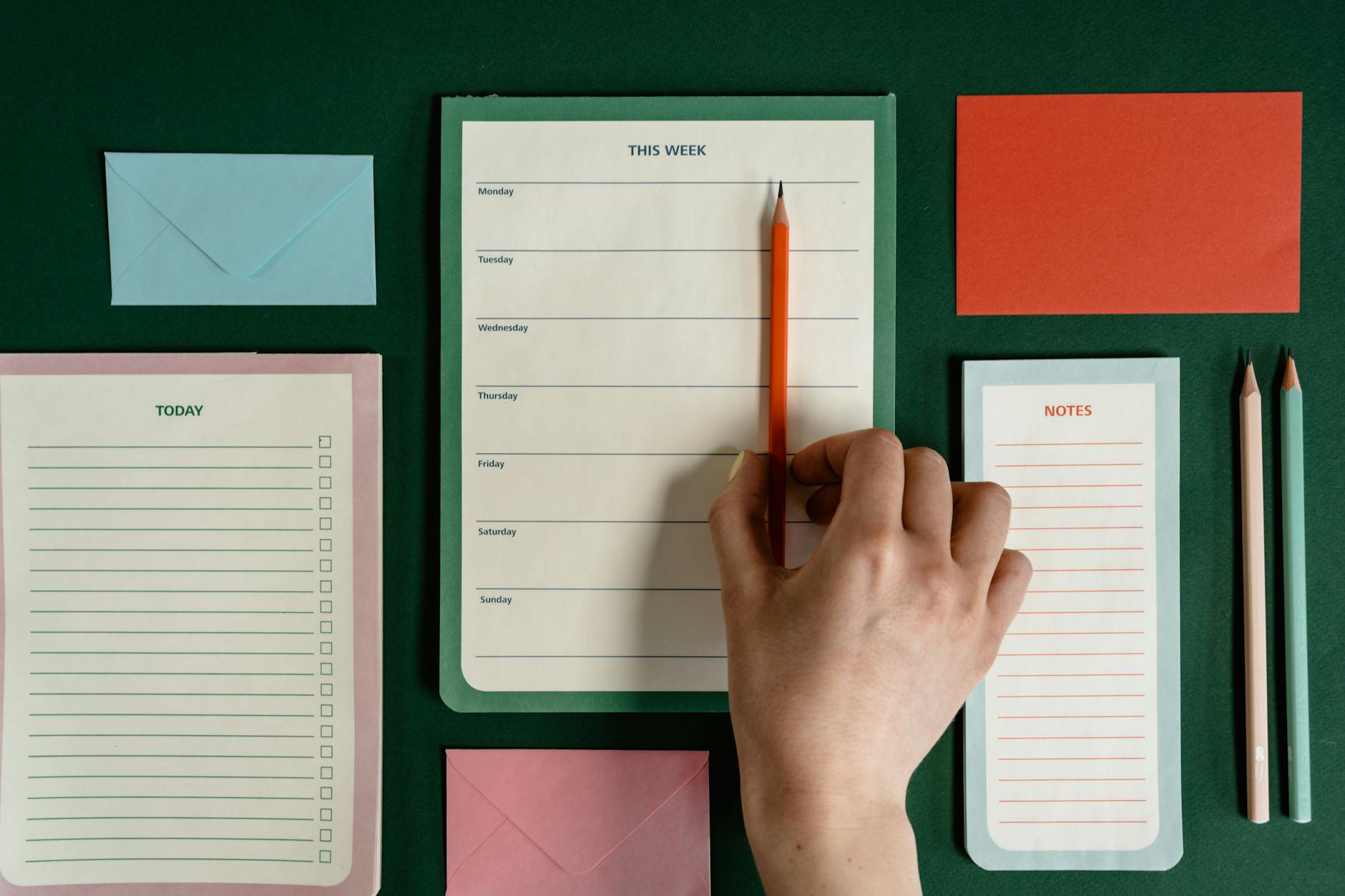
Your day begins the moment you outline your goals. Start by crafting a to-do list with clear, actionable items. Prioritize tasks based on urgency and importance, and don’t overwhelm yourself with too many items. The key here is not just listing everything but giving each task a purpose. When you know why something needs to be done, you’ll find it easier to focus and accomplish it efficiently.
By checking off each item, you gain a sense of progress, and that feeling of completion brings clarity and motivation for the next task. A purpose-driven list is more than a productivity tool—it’s a pathway to a more intentional day.
2. Declutter for Mental Clarity

Your surroundings have a profound effect on your mindset. A cluttered space can lead to a cluttered mind, making it difficult to focus or even relax. Start by tackling the area where you spend the most time, whether it’s your home office, living room, or even your digital workspace. Sort through unnecessary items, papers, and digital files, and get rid of what doesn’t serve a purpose.
When you create an organized, clean environment, you’ll find it easier to think clearly and stay on top of your priorities. Decluttering doesn’t just improve your space—it declutters your thoughts, giving you mental clarity.
3. Leverage the Power of Digital Calendars
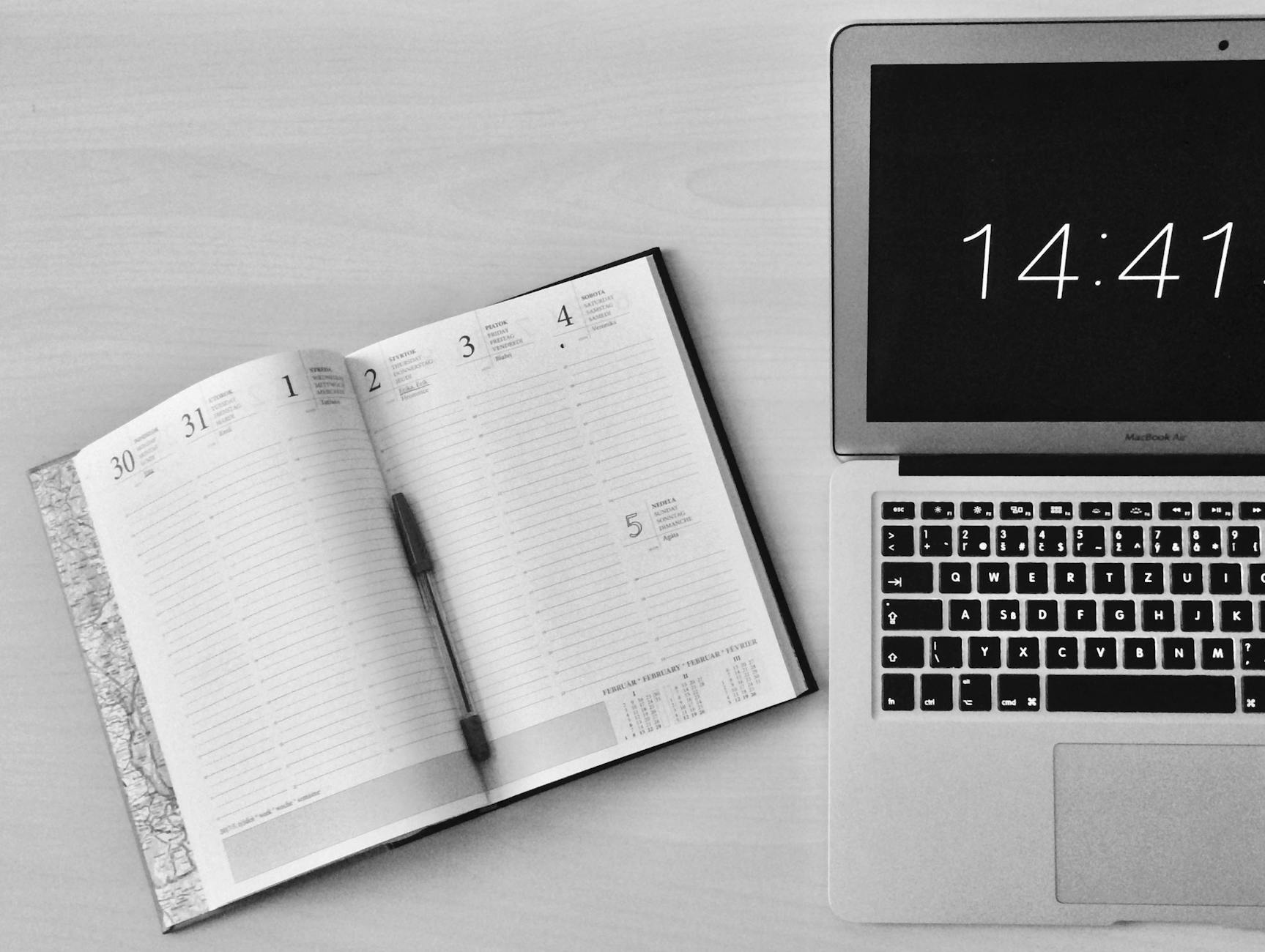
Gone are the days of missed appointments and forgotten commitments. With a digital calendar, you can streamline your entire schedule. Whether it’s Google Calendar, Outlook, or another app, you can easily manage meetings, deadlines, and social events all in one place. Set reminders for important tasks so that you’re always ahead of the game.
Sync your calendar across all devices for real-time updates. Not only does this give you control over your time, but it also frees up mental space as you no longer have to memorize dates and appointments.
4. Set Realistic Goals and Break Them Down
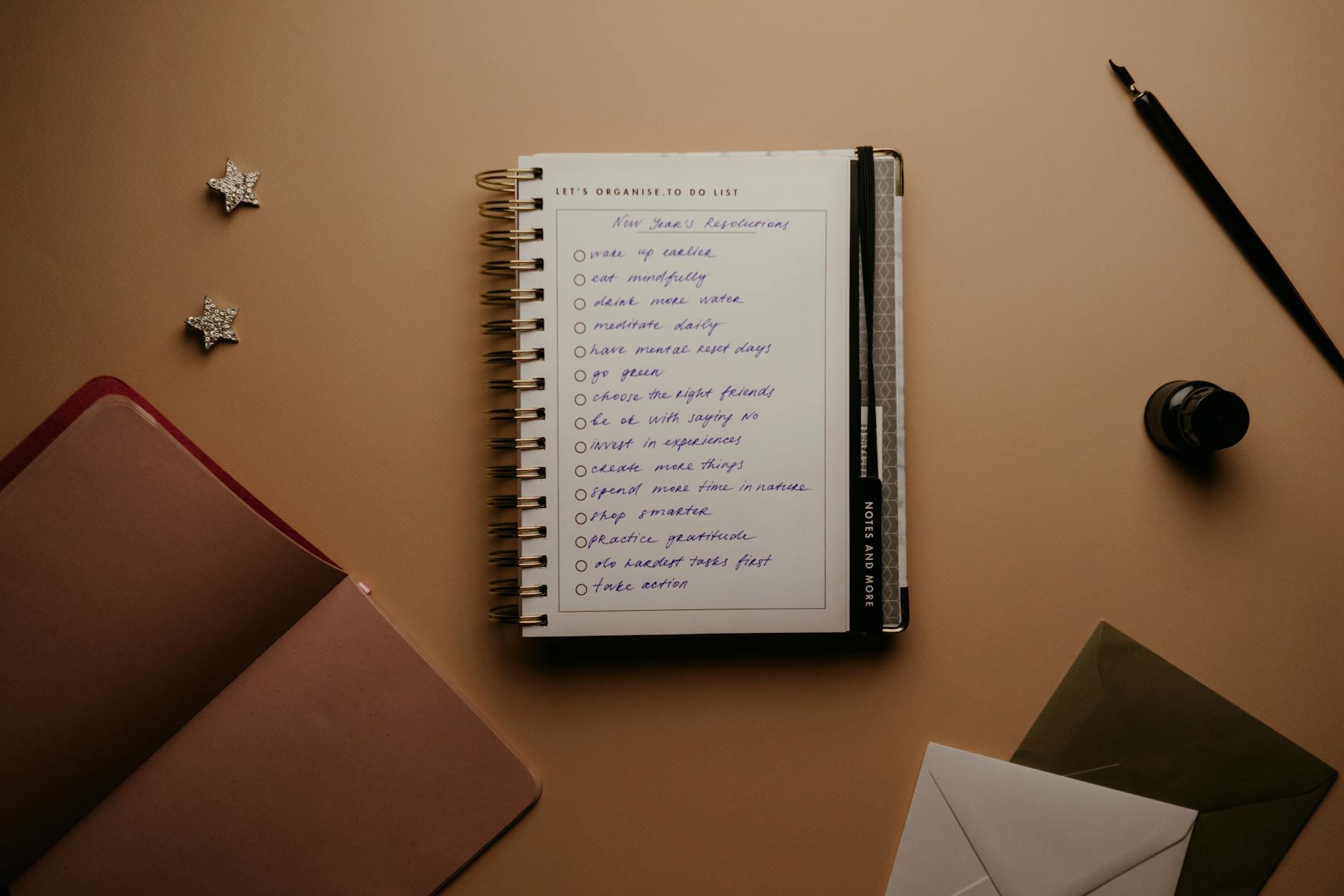
Setting clear, realistic goals is a cornerstone of organization. It’s one thing to say you want to accomplish something, but it’s another to break it into actionable steps. Whether you have personal or professional goals, divide them into smaller tasks. For instance, if your goal is to learn a new skill, start by allocating 20 minutes a day to practicing.
When you break large goals into bite-sized pieces, they become more manageable and less intimidating. Each step forward brings you closer to achieving the bigger picture. Celebrate small victories along the way to keep yourself motivated.
5. Create Routines to Anchor Your Day
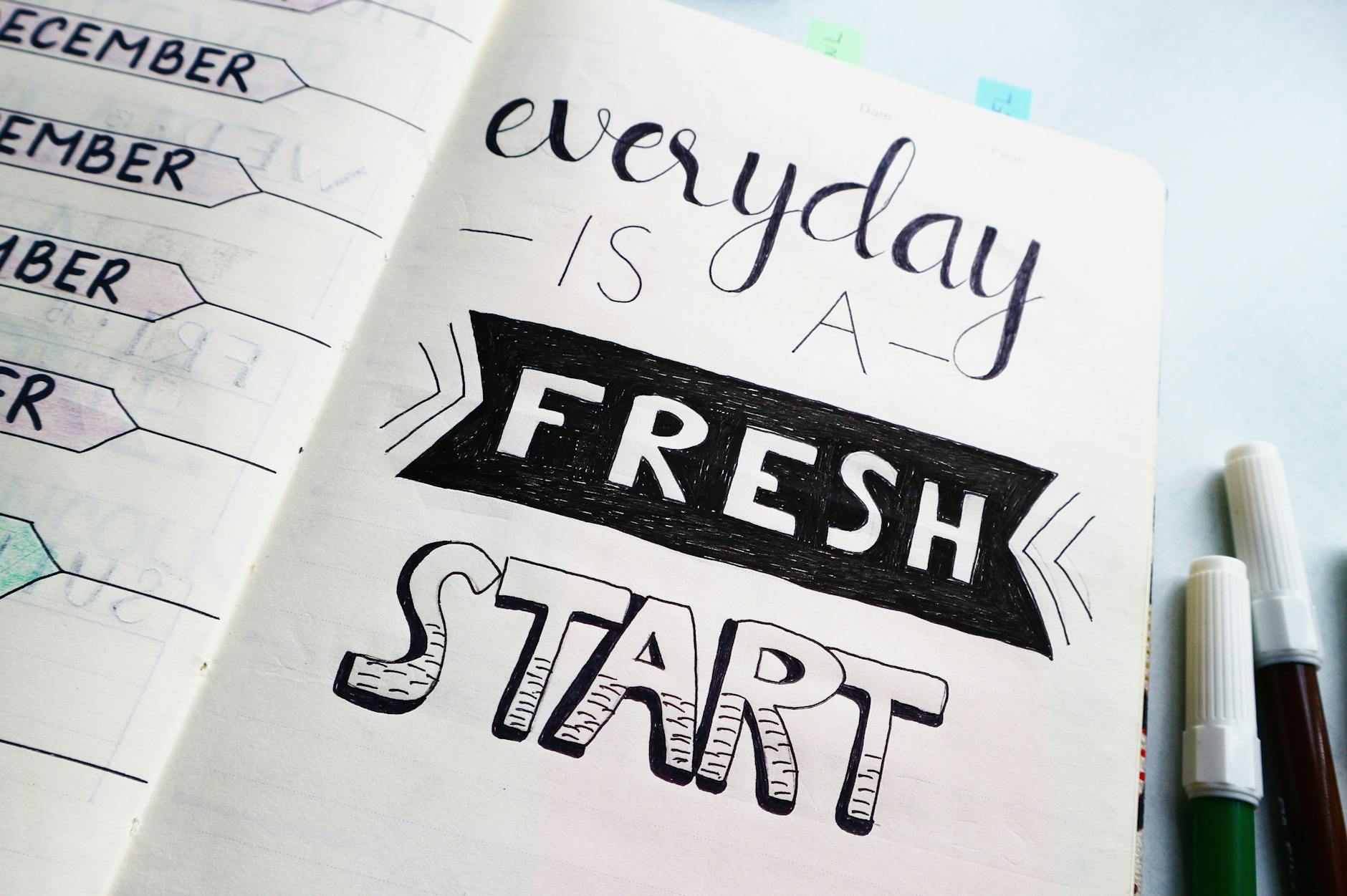
Routines are powerful in giving your day structure. Morning routines can set a positive tone, while evening routines help you wind down. When you start your day with intention—whether it’s journaling, exercise, or a healthy breakfast—you signal to yourself that you’re in control.
Similarly, an evening routine that involves clearing your space, planning for the next day, or simply reflecting can prepare you for the challenges ahead. Routines create stability, which is essential for maintaining an organized life.
6. Limit Multitasking to Boost Focus

While multitasking might seem like an efficient way to get more done, it often leads to scattered attention and incomplete tasks. Instead, focus on one task at a time. When you dedicate your full attention to a single activity, you’re more likely to finish it with higher quality and fewer mistakes.
If you’re overwhelmed by multiple tasks, try time-blocking. Dedicate specific blocks of time to each task, giving yourself focused intervals to work through them. By minimizing multitasking, you’ll sharpen your focus and see better results.
7. Master Your Finances

Organizing your finances is key to reducing stress and creating stability in your life. Start by reviewing your current financial situation—track your income, expenses, savings, and investments. Utilize budgeting apps like Mint or YNAB (You Need A Budget) to gain insight into your spending habits and set monthly budgets.
Create a habit of reviewing your financial goals each month. Whether you’re saving for a vacation or planning for retirement, keeping a clear handle on your finances empowers you to make informed decisions and stay organized.
8. Use Productivity Tools to Stay on Track
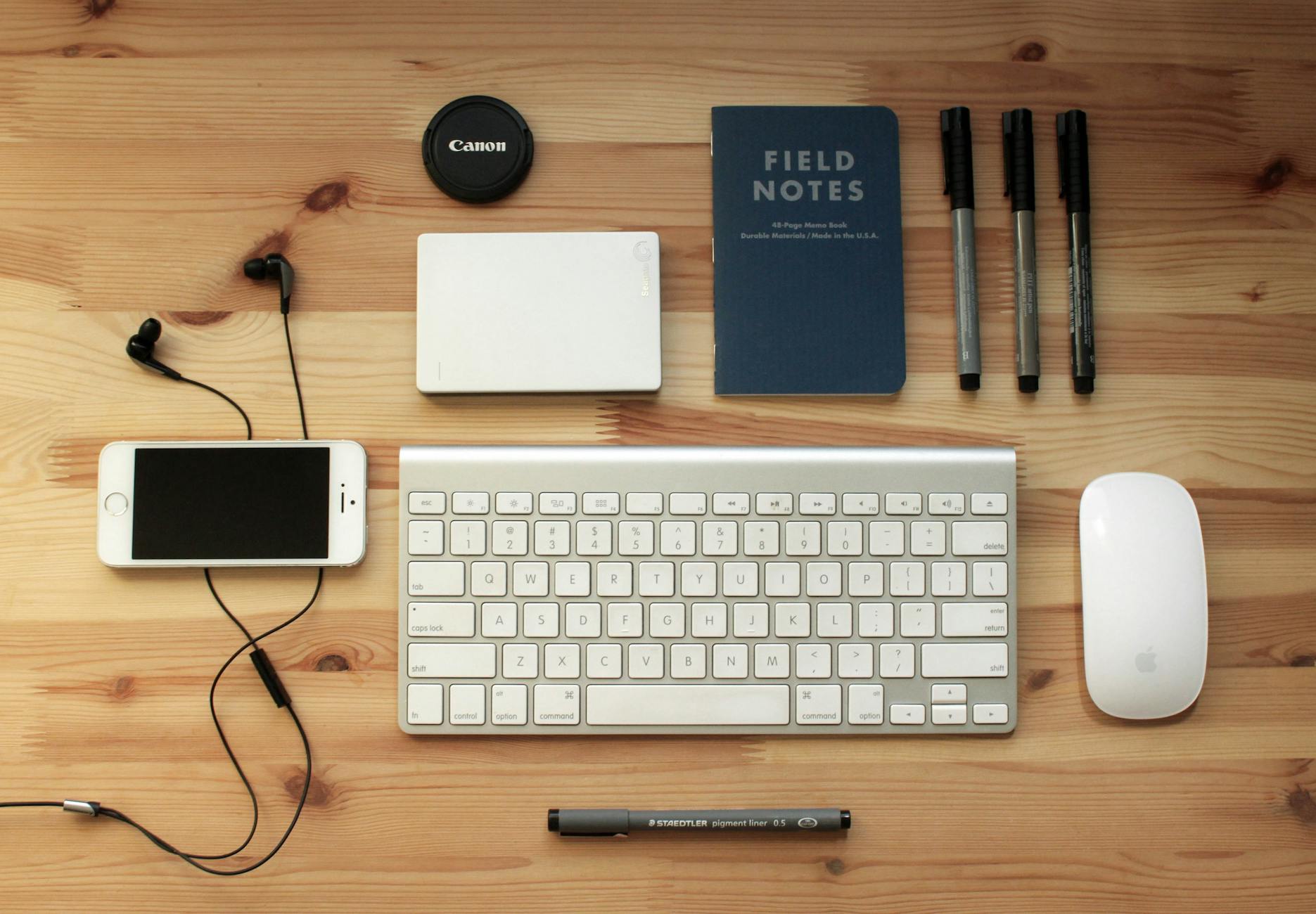
In today’s fast-paced world, productivity tools are essential for staying organized. From note-taking apps like Evernote and Notion to task management tools like Asana or Trello, there are endless resources to streamline your workflow. Find the ones that fit your style and needs.
These tools help you manage projects, set deadlines, track progress, and even collaborate with others. By utilizing them effectively, you’ll stay ahead of your workload and ensure nothing falls through the cracks.
9. Make Time for Regular Reflection

No matter how organized you are, reflection is crucial for maintaining progress. Dedicate time at the end of each week to review what worked, what didn’t, and how you can improve. Are your routines effective? Did you achieve your goals? This type of reflection allows you to refine your strategies and keep growing.
It’s not about perfection but about continuous improvement. Reflecting regularly keeps you grounded and ensures you’re always moving forward with purpose.
Final Thought: The Power of Consistency
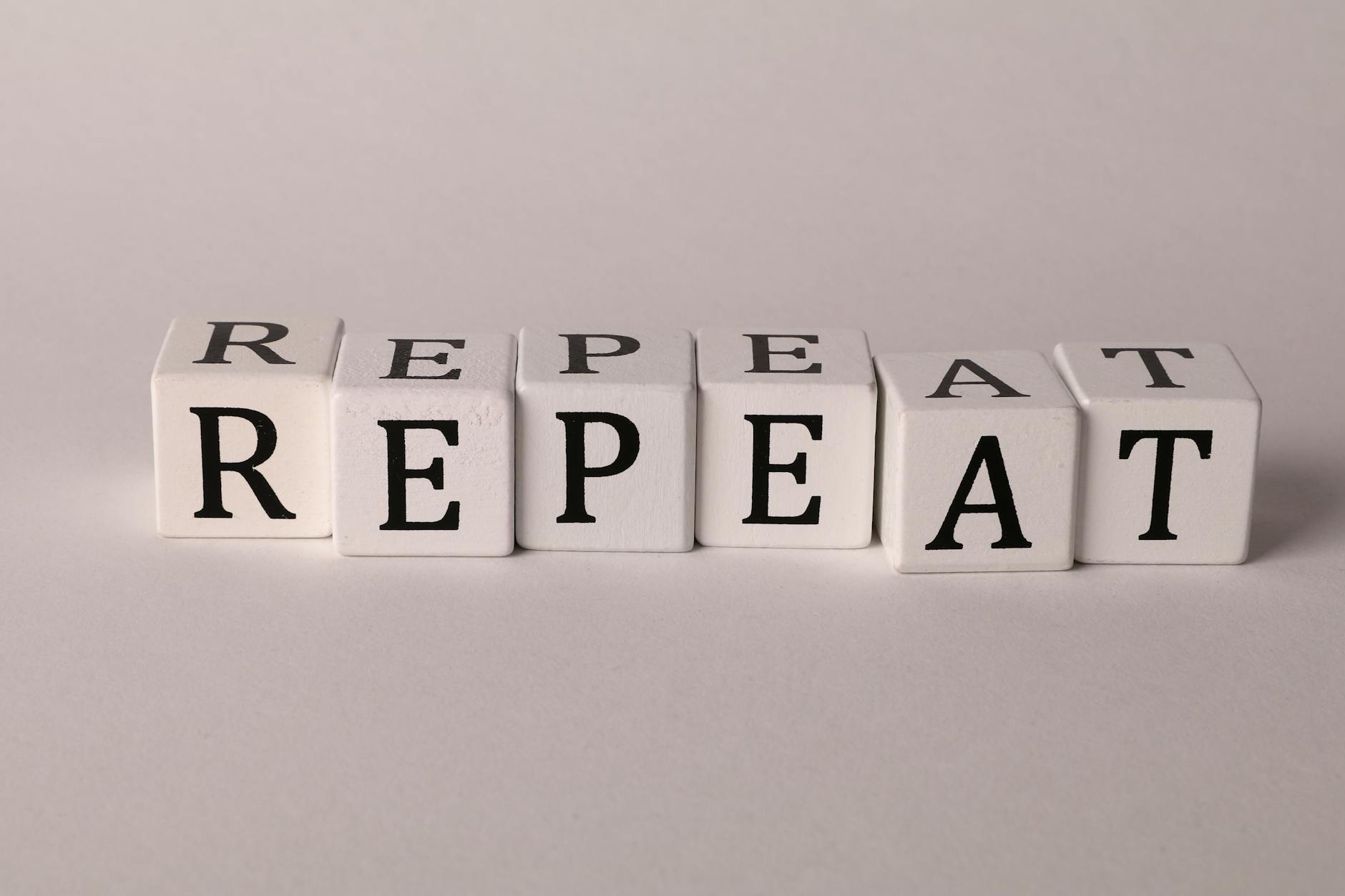
Organizing your life doesn’t happen overnight, but with consistent effort, you’ll create lasting change. Each of these steps contributes to a lifestyle that welcomes order, clarity, and balance. It’s not just about managing tasks; it’s about reclaiming your time, energy, and peace of mind. Stay consistent, review your progress regularly, and make adjustments where necessary. You’ll find that organization leads to a more fulfilling and harmonious life.
Frequently Asked Questions (FAQ)

Q: How do I get started if I feel overwhelmed by clutter?
A: Start small. Focus on one area at a time, such as your workspace or a single room, and work gradually to declutter. Use a sorting system (keep, donate, discard) to help you decide what stays.
Q: How can I make a to-do list that I actually follow?
A: Keep it realistic by limiting the number of tasks and prioritizing them. Break down larger tasks into smaller, manageable steps to avoid feeling overwhelmed.
Q: What’s the best way to stay on top of long-term goals?
A: Break long-term goals into smaller milestones. Regularly review your progress and adjust your plan as needed. Use digital tools to set reminders and deadlines for each milestone.
Q: How do routines help with organization?
A: Routines create a sense of stability and predictability, making it easier to manage your time and tasks. They help form habits that contribute to an organized lifestyle.
Q: What’s the best app for managing tasks?
A: Popular apps include Todoist, Asana, and Microsoft To Do. The best one depends on your specific needs, whether you want simple task lists or detailed project management features.
Q: How can I stop procrastinating?
A: Start by breaking tasks into smaller, more manageable parts. Set deadlines and hold yourself accountable. Using productivity tools and practicing mindfulness can also help reduce procrastination.
Q: What’s the most important habit for staying organized?
A: Consistency is key. Whether it’s sticking to routines, using productivity tools, or reviewing your goals regularly, consistency helps you maintain order in the long run.
Q: How can I stay organized at work?
A: Use task management systems, keep a clean workspace, and prioritize tasks based on deadlines and importance. Regularly communicate with your team to ensure clarity and reduce potential chaos.
Q: How do I balance personal and professional organization?
A: Treat personal and professional tasks with equal importance. Use separate sections in your calendar or task manager for both, and set aside time for personal reflection to ensure balance.
Disclaimer
The content in this article is intended for informational purposes only. Readers should conduct their own research or consult professionals before applying any strategies to their personal or professional lives. While these tips can enhance organization, every individual’s situation is unique.

Discover more from hsnrev.com
Subscribe to get the latest posts sent to your email.




